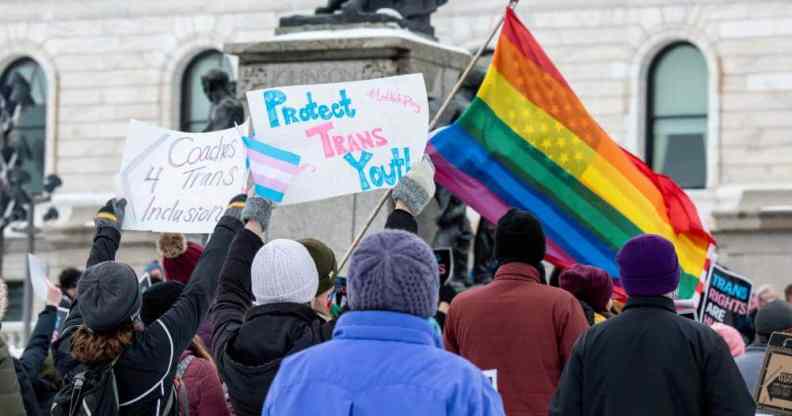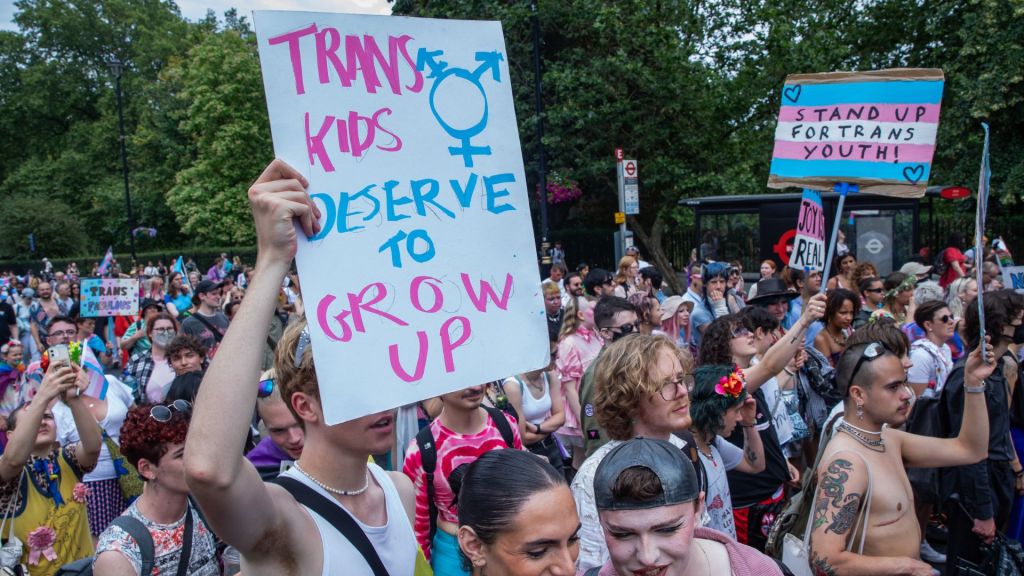Georgia judge reinstates ban on gender-affirming care for minors

Georgia’s ban on gender-affirming care for minors has been reinstated. (Michael Siluk/UCG/Universal Images Group via Getty)
A judge has ruled that the state of Georgia may resume its ban on gender-affirming care for transgender minors two weeks after blocking the order.
District Judge Sarah Geraghty had initially placed a preliminary injunction on the state’s Republican-backed ban on hormone replacement therapy and puberty blockers for trans people under the age of 18, concluding that it was ‘likely’ to be found unconstitutional.
She found that the transgender children represented in the initial lawsuit challenging the ban were facing “imminent risks” by not having access to gender-affirming care, ranging from depression and anxiety to eating disorders and suicidal thoughts.
However, Judge Geraghty ruled on Tuesday (5 September) that Senate Bill 140 would go back into effect after a federal appeals court allowed the state of Alabama to enforce a similar ban on transgender care.
That appeals court panel was made up of Republican-appointed judges.

In light of the Alabama ruling, Georgia’s Republican attorney general, Chris Carr, urged the district judge to vacate her injunction, The Associated Press reports.
Judge Geraghty didn’t entirely vacate her injunction, but instead issued a hold on it case of a possible rehearing in the Alabama case.
Commenting on Judge Geraghty’s ruling, a spokesperson for Chris Carr’s office said that they were pleased with the decision and would “continue fighting to protect the health and well-being of Georgia’s children.”
Now, at least 22 states have enacted laws that restrict or outright ban gender-affirming care for transgender people under the age of 18.
Georgia is just one of those states that has managed to at least temporarily block such bans.
While some states like Alabama, Kentucky, and Tennessee have already reversed court–appointed blocks, Arkansas overturned their ban when it was found to be in violation of the First Amendment and the Constitution’s clauses on equal protection and due process.
How did this story make you feel?

